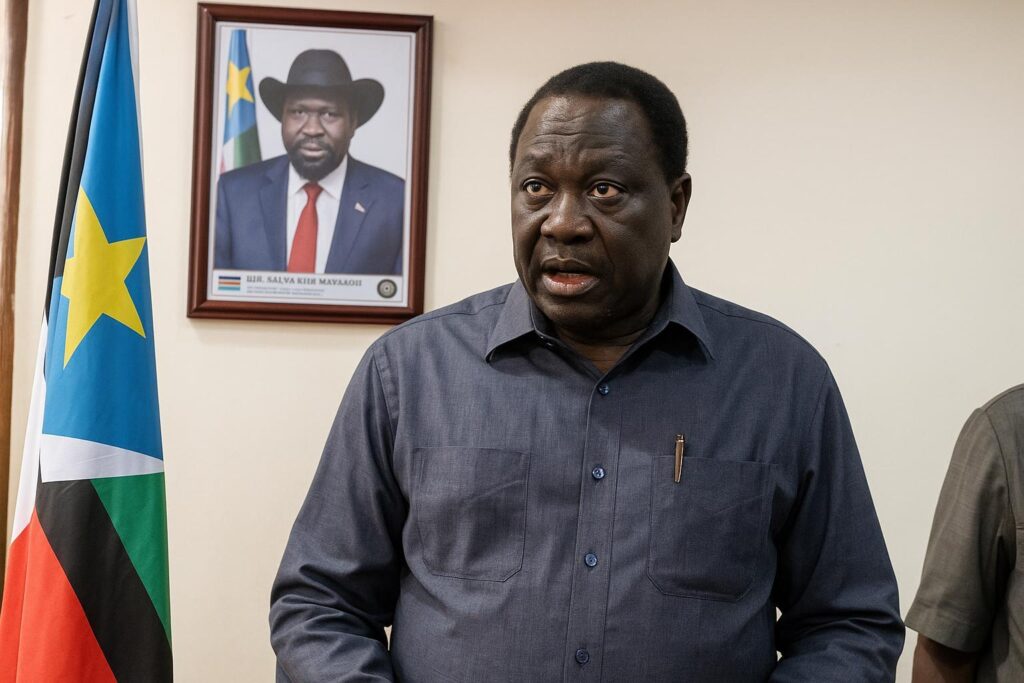Global Forum Sets the Stage
From Rome’s packed Global Food Forum, Agriculture and Food Security Minister Hussein Abdelbagi Akol framed South Sudan’s agricultural future. Surrounded by world leaders, his delegation argued that robust farms, not oil, can anchor a diversified economy and steady rural incomes across the nascent nation.
Bolder Investment Vision
Back in Juba, Akol outlined a USD 288 million proposal designed to entice blended public-private finance. The package promises cold chains, feeder roads and research grants, aiming to lift yields, cut post-harvest losses and place South Sudan on investors’ agricultural radar for the first time.
Focus on Sorghum, Rice and Fisheries
Priority commodities include sorghum for staple security, rice for expanding wetlands, livestock for protein access and fisheries along the White Nile. Officials underscore opportunities for women and youth to own links in each chain, from seed multiplication to processing hubs and regional export logistics.
FAO Ties Offer Technical Backbone
Akol’s team met FAO Director-General Qu Dongyu to refine technical roadmaps. “Partnerships turn concepts into concrete impact,” the minister said. Ongoing talks explore improved extension services, climate-smart seed trials and digital market data, complementing national efforts to stabilise food prices after recent flood shocks.
NAVAC Project Targets Malakal
The forum also produced the EU-funded NAVAC project, targeting Malakal County’s abundant but underused fisheries. By upgrading landing sites, smokehouses and cold storage, NAVAC aims to boost nutrition for flood-affected families while opening fresh revenue streams for displaced fishers rebuilding livelihoods.
Next Steps for Investors
Government officials say due diligence windows remain open for international banks, impact funds and diaspora investors. A detailed prospectus will circulate before year-end, signaling that South Sudan wants partnerships, not charity, as it transitions toward resilient, commercially viable food systems.


